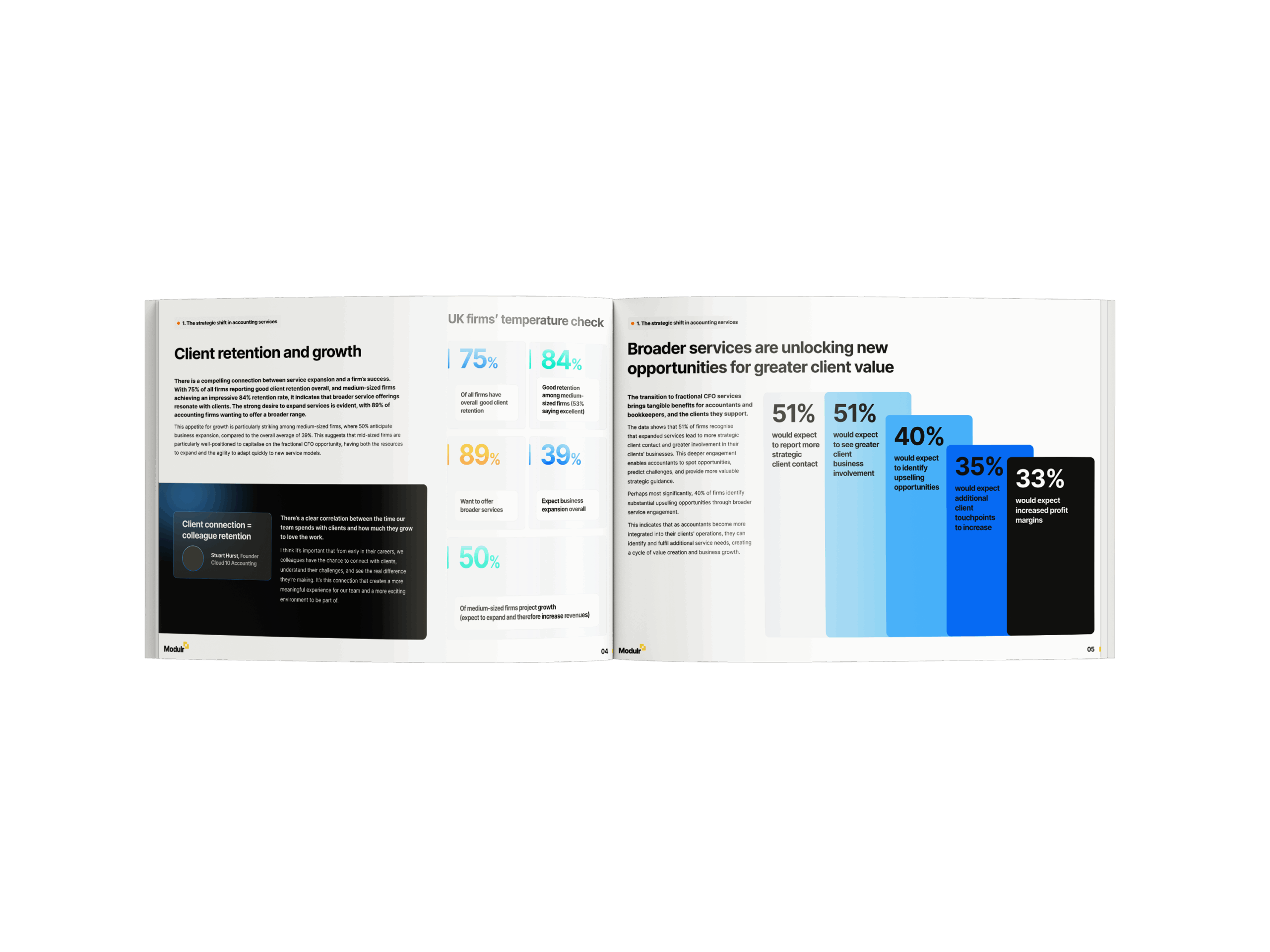With big tech entering the banking space, payment firms need to be at the forefront of changing the ‘software sabotage’ culture to ensure consumers and those in the supply are protected as well as reducing e-waste.
Planned obsolescence is a known big tech business model: devices are actively built to break, forcing consumers into frequent device upgrades. This practice maximises profits, but generates electronic waste (e-waste), and the consistent demand for new materials fosters modern slavery in manufacturing and material extraction.
This systemic issue demands a dual perspective: one on the environmental and social impact, and another on the intricate relationship between updates for planned obsolescence and others for payment security.
While specific regulations attempt to bridge the gap, an urgent shift towards a circular tech economy is imperative. The payments industry must advocate for differentiating security updates from those designed for planned obsolescence and consider supporting a culture, which prioritises circular economy.
This is particularly relevant now, with the emergence of embedded banking and tech giants such as Apple are cementing themselves in the banking space.
Software sabotage
An example of planned obsolescence is the relentless barrage of software upgrades and constant prompts to install them. Older hardware is left unsupported and unable to update to the latest versions, rendering the two incompatible.
This leaves consumers bearing the financial burden of frequent device upgrades and raises ethical concerns about how companies handle their products. For example, Slack’s ‘software sabotage’ left their messaging app unsupported on older computers, significantly limiting access to basic functionalities.
The environmental impact of e-waste
Planned obsolescence comes at considerable cost to the planet and consumers. Its consequences extend beyond consumer inconvenience and expense; e-waste is a looming environmental crisis.
This comprises of discarded hardware, often destined for dusty cupboards then landfill, and extends to the proliferation of different device chargers – an issue which the European Union recently attempted to address by mandating the adoption of USB-C chargers for mobiles.
Unfortunately, this mandate faced initial resistance from companies like Apple, who argued it would stifle innovation – although profit incentives also drive motivations to retain proprietary charging cables. This means that generic cables available at a fraction of the cost could be incompatible, forcing users to purchase proprietary accessories.
Apple has now officially confirmed a USB-C charger transition for its upcoming iPhone models to comply with the EU mandate starting in 2024.
The labour cost
Planned obsolescence demands a flow of raw materials, entailing a heavy labour cost, facilitating modern slavery practices.
Take cobalt for instance, a vital component in lithium-ion rechargeable batteries. Approximately 75% of the world’s cobalt originates from the Democratic Republic of the Congo (DRC), and the global demand remains, unsurprisingly, high.
While industrial mines account for about two-thirds of cobalt mining, the remaining artisanal production sector operates informally, with limited health and safety standards.
Artisanal miners rarely secure formal agreements for wages and working conditions, and as Siddhartha Kara vividly illustrates in his exposé, Cobalt Red, these practices equate to slave labour for approximately two million people.
Such miners constitute the initial link in a supply chain pursued relentlessly by some of the world’s most influential corporations, boasting multi-billion-dollar valuations and led by household-name CEOs.
Cobalt – itself hazardous to touch and inhale – is often found alongside traces of radioactive uranium and other heavy metals, causing numerous serious health concerns for miners, and their children. Sustaining the life of our devices and decreasing the amount of e-waste will lower the cost and harm of such labour processes.
Payment security versus planned obsolescence
While tech updates frequently align with companies’ planned obsolescence strategies, there is a concurrent need for updates that maintain user security and safeguard users’ privacy from potential compromises within a constantly evolving payments industry. So how do we differentiate between the two?
In 2022, the EU Directive 2019/771 introduced an obligation for sellers of goods with digital elements to ensure that the consumer is informed of and supplied with security updates necessary to keep those goods in conformity.
In contrast, the US has no specific comparable federal laws. In recent years, the Federal Trade Commission has focused on managing consumer expectations around security updates for Internet of Things devices. It has recommended that manufacturers consider telling users how long a device will receive security updates and when update support ends.
The way forward
Existing legislation goes some way towards driving change, but more thought is needed from those within the payments sector on how to reconcile new initiatives (such as Apple venturing into the open banking space with a new iPhone Wallet app integration, itself requiring a software upgrade) with sustainable practices.
Realistically, expecting tech giants to prioritise environmental concerns over profit is wishful thinking. Even with e-waste and security update regulations, a significant culture shift is necessary to alter a throwaway mindset and confront the profit-driven strategies of proprietary design and planned obsolescence.
Many consumers are already conscious of making sustainable purchases, but does their understanding extend to where their electronic payment method sits within a problematic supply chain? Educating the consumer is one approach.
Another is for the payments industry to align closer with relevant activists, with the intention of driving stricter regulations which protect payment security while challenging unsustainable business models in the process.
Planned obsolescence and the resulting e-waste crisis are issues that demand our attention, as consumers, as businesses within the payments sector and as advocates for a more sustainable future.
While technological advancements are undoubtedly exciting, we must remain cognisant of their toll on our environment, people, and security by pushing for stricter regulations and fostering a culture of conscious consumption.

Tess Buckley is also AI ethics senior analyst at EthicsAnswer.



























